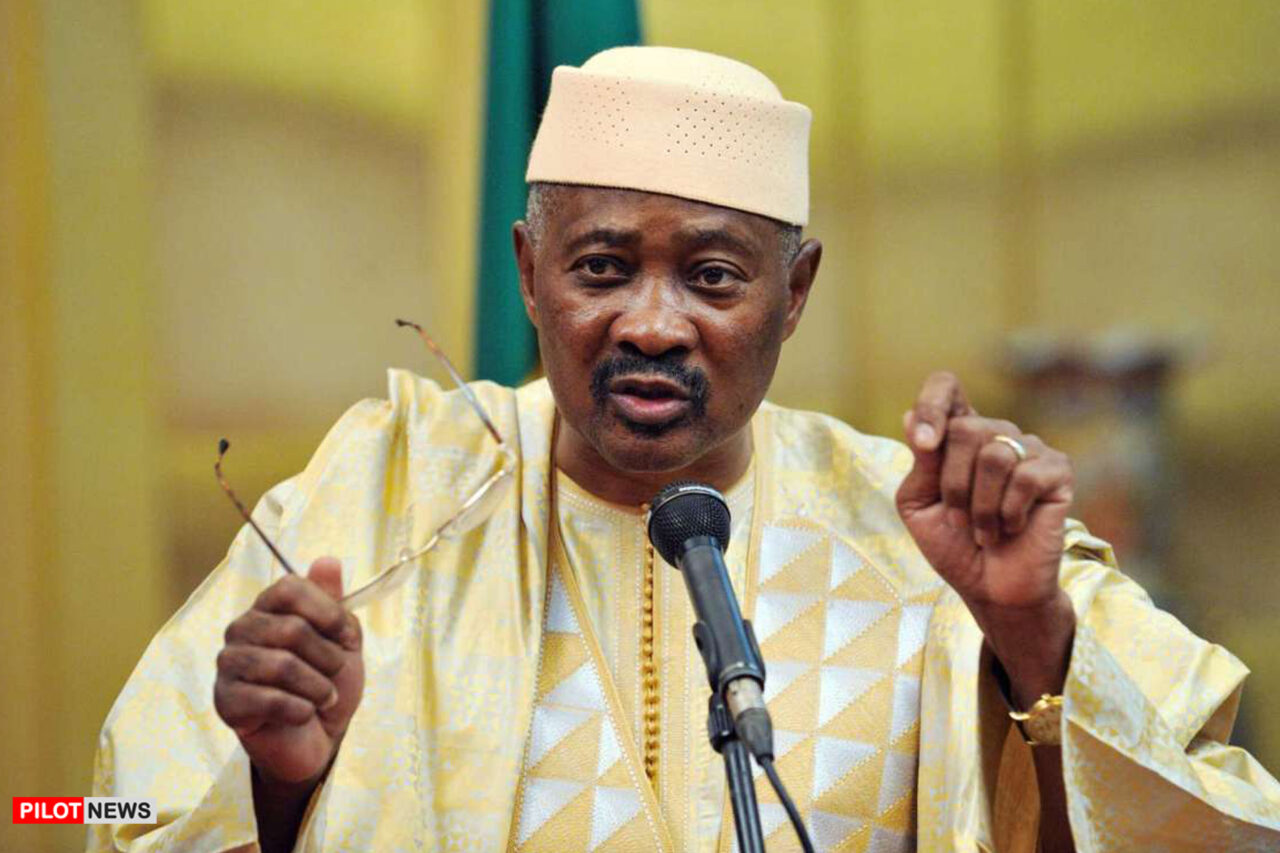Amadou Touré, coup maker, coup victim, military ruler, and eventually civilian chief of state in Mali, died last week in Istanbul at the age of seventy-two. Touré dominated Mali’s governance for some twenty years and, in death, is being praised as a “soldier of democracy.” Following his successful 1991 coup against Moussa Traoré, military ruler for thirteen years, Touré orchestrated a transition to elections and civilian government. In 2002 he was elected president and, in 2007, reelected. In 2012, he was overthrown by a military coup. Since then, the country has been in turmoil, with Tuareg and jihadi insurrections seeming to gain strength.
It was during Touré’s civilian presidency that Mali was the darling of many Western commentators. After all, the country had a civilian government and regular elections. Mali’s outstanding achievements in music and the arts lent a glow. Overlooked was flourishing corruption, narcotics trafficking, and the continued alienation of the northern part of the country. Too many observers mistook the forms of democracy and good governance for its substance.
Outside observers viewed Mali as a conventional nation-state, just as they often do with other postcolonial countries. Hence their exaggerated emphasis on elections and, later, their failure to see the role played by corruption (including narcotics trafficking) in the body politic—as well as the limits to what Touré could do about it, even if he wanted to.
Accordingly, the current criticism of Touré reflects the assumption that he should have been like the leader of a nation-state rather than what he was, the head of a highly unstable coalition of forces and interests artificially amalgamated by the colonial power into a single entity.
____
John Campbell is the Ralph Bunche senior fellow for Africa policy studies at the Council on Foreign Relations in Washington, DC. He was a former U.S. ambassador to Nigeria. He writes the blog Africa in Transition. This article first appeared in CFR.
- Anambra 2025 Governorship Election Might Be an Open Contest - April 24, 2024
- Anambra Assembly Passes Bill To Prohibit Secret Cults - April 24, 2024
- 2024 Aguata NBA Law Week: AG, Prof. Ifemeje Touts Landmarks and Expectations - April 19, 2024


